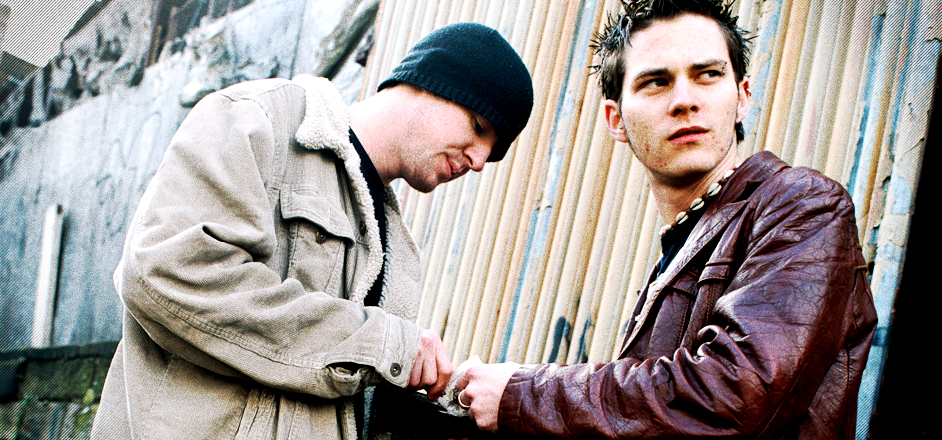Yes, historically speaking, in strictly economic terms, crime pays.
You can think about all the cash made by the mafia, slave-traders, warmongers, pimps, drug cartels, tax cheats, software pirates and identity thieves.
Or you can just ask the criminals. At least one in five say crime does pay, according to a new survey.
Add to that the fact that most criminals never pay any real penalty. Even among those convicted of crimes, most never go to prison. In some countries, organized crime is among the biggest industries. Prostitution is a giant industry. American hookers average $200,000 or $300,000 a year, and relatively few of them end up in prison.
But there's an asterisk. Crime pays for those at the top. Not necessarily for those at the bottom.
When we talk about crime today, we're mostly talking about drugs. Sure, there's some dough in protection rackets, bank robbing, mugging, sex slavery and being a hitman. But it's tiny compared to drugs. To take one example, all the stuff stolen in all the robberies in America last year netted less than .1 percent of the value of all the coke, meth and heroin sold — that's one-one-thousandth as much. You won't get rich robbing.
Drugs, meanwhile, make people Croesus-rich. To name just three: Colombian coke king Pablo Escobar was worth $30 billion. South central Los Angeles slinger Rick Ross might've been worth $1 billion at one time. And illegal internet pharmacist Rakesh Jyoti Saran made $200 million. Of course, there were costs involved. Escobar is dead, Ross and Saran were convicted. When you succeed at the highly-competitive world of drugs, you cash in … but at the risk of visibility.
However, there's great inequality of wealth among drug dealers. For low-level folks, being the connect has high costs and low benefits. This survey found that the costs of time in prison for a lot of criminals are pretty big. When you factor in lost wages — the money a criminal would have made if she hadn't been in jail — and the crappier jobs she'll have to take as a convicted felon — crime is more of a loser. Jailbirds make 15 to 30 percent less after prison than others.
The pop-economics book "Freakonomics" has a great chapter called Why drug dealers live with their moms. The authors noticed that, despite what rap videos show you, drug dealers don't seem to have a lot of money — a fact you notice every time you go to the trailer park to pick up bars and see your plug sleeping on a couch. The authors found that while kingpins roll in dough, the average corner slinger made little more than minimum wage. Maybe it’s worth it to set your own hours, but … probably not. According to one survey, American drug dealers average perhaps $44,000 a year. Not fuck-you money. More like: Please buzz off money.
By contrast, many legit jobs make drug dealing salaries look pathetic. Nurses make $70,000. Graduates from a six-month long computer coding course average $77,000 a year to start. Or, you could work in journalism, where the income inequality is similar to crime: Anderson Cooper balls out of control while scribes for neighborhood weeklies barely make enough for a Del Taco dinner, but … the years of life saved knowing no one’s trying to kill you for it could easily translate into more money down the line — the less stress you have, the healthier you are, and the more money you get to pocket, not wire to your boss Neck Crusher Dave.
So, in the long run, it seems crime pays … for the select few who are crazy good at it. But for the average foot soldier, crime pays less than legal work. And if the crime isn't drug dealing, it has even less of a chance of paying off.




Leave a Reply